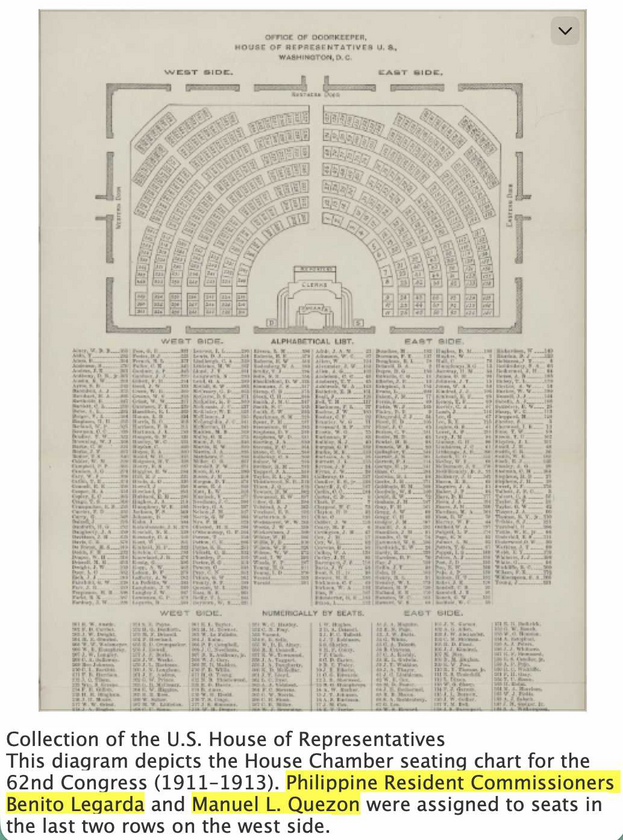You can listen to the Politics by Faith podcast anywhere, but the ad-free version, the day before, with the transcript, is only on MikeSlater.Locals.com. Thank you for subscribing!
"Even the kindest, gentlest shepherd sometimes needs to throw rocks at the wolves who come in sheep’s clothing". Jesus wasn't "nice'. He said so many controversial things, everywhere he went people wanted to kill him. They ultimately did. So why do we think the highest virtue is being nice or being liked? Today, we talk about a higher value than "being nice".
Good morning, welcome to the Morning Motivation, brought to you by the Patriot Gold Group and the Public Square app. Yesterday we talked about Jesus being nice. What does that mean for us? We have a feminized culture. We certainly have feminized universities. I forget all the numbers offhand, but it's like 60-something percent of undergrads, masters, PhDs even, are women. Ivy League presidents, administration, all the HR departments and schools and also work, it's all women. We have a feminized culture and a feminized workforce and a feminized university and dare I say a feminized church as well. It's given us this idea that Jesus was carrying a lamb around all the time. We have this perception of a Lord that only preached love and self-sacrifice and never judgment. But as John MacArthur said, even the kindest, gentlest shepherd sometimes needs to throw rocks at the wolves who come in sheep's clothing.
0:01:11
But if you think about this idea that the nice Jesus, the people-pleasing Jesus, the kind Jesus, the gentle Jesus, think about this. You're like, well, hold on. Nearly every chapter about Jesus's life, he says something that results in people being so angry they want to kill him. And he'll sneak away from the crowd and then ultimately of course they do. And I've just been reading in the morning, I've just been going quickly, which is a different way to study the Bible, right? You can go very slowly. And also it's like, I'm just going to read Acts 12 today and then Acts 13 tomorrow and just write a whole chapter or something. That's what I've been doing now, just reading a whole chapter or something. And all the apostles are going all over the place and they're not like, Oh, tell me how you... Well, let me tell you my opinion. They're all getting murdered. That's not people-pleasing. And Jesus brought it to the Pharisees. Jesus went to the temples. Matthew 23 has the seven woes against the scribes and the Pharisees. This was not a friendly dialogue. You know, I've never heard Jesus give a compliment sandwich. Is that true? Maybe I missed it. Do you know of any compliment sandwiches that Jesus ever gave to the Pharisees? It's like, well, Pharisees, you're trying hard. I can tell you're putting a lot of effort in. Here's why you're all going to hell. Also, love the outfits. You've got a great… you look good. I've never heard that. I've never heard Jesus give a compliment sandwich. Luke 20, 45, and while all the people were listening, he said to the disciples, beware of the scribes who like to walk around in long robes. There, he's making fun of the outfits. I was just joking about that. And love respectful greetings in the marketplaces and chief seats in the synagogues and places of honor at banquets, who devour widows' houses and for appearances' sake offer long prayers, these will receive greater condemnation." So Jesus rained curses down on them. While holding a lamb? Not sure. But was Jesus being mean? It's not even the right way to look at it. There was no doubt He wanted what was best. But you know when he approached Jerusalem he wept. He wept for her. He wept for Jerusalem. R.C. Sproul has a great sermon on this. It's called, it's called Jesus Weeps Over Jerusalem. And he's weeping over this city and what it's become and what the people of it will soon do to him. But Jesus didn't say, well, you know, they're basically good. They have good intentions. And you know, these Pharisees, sometimes they make good points. You know, they got their spiritual insight about them. Let's have a conversation. No. He told everyone, keep your distance. Watch out for these people. Get behind me, Satan. And if you follow them, you're headed for the same condemnation they are. Jesus, of course, always knew. He always stood for the truth, and he always knew when to engage and how. And that type of commitment to the truth and love of the truth is something that we don't have in our culture today. And there is some nuance to be made about different political points, and that's great and fine. But when it comes to God's Word, we can really practice our conviction muscles. It would do us well. Tomorrow, I want to share some advice that Paul had for Timothy on this point, about stop being so weak. I'll share that tomorrow. Mike Slater, now at locals.com. Transcript, commercial free, night before. Transcript, commercial free, night before. Mike Slater, now at locals.com.













